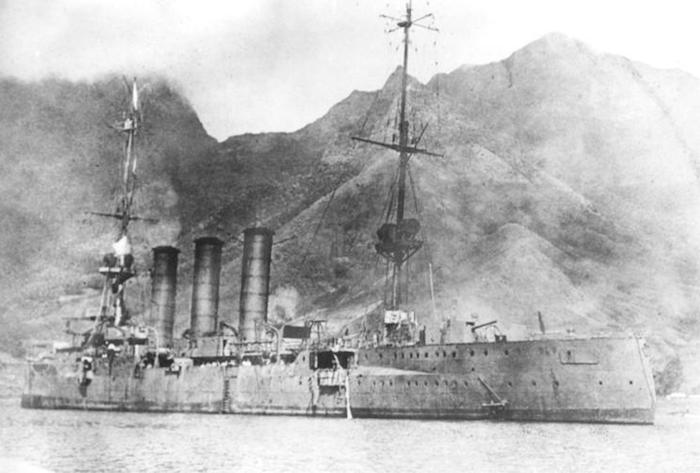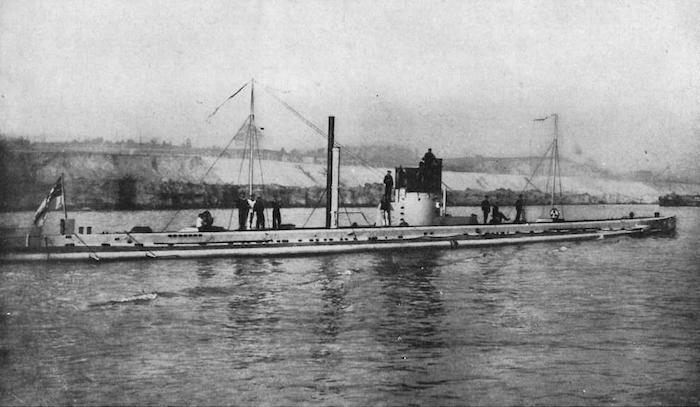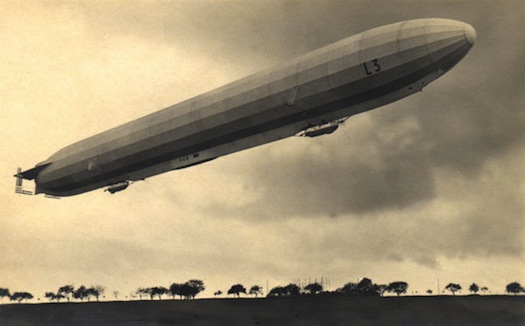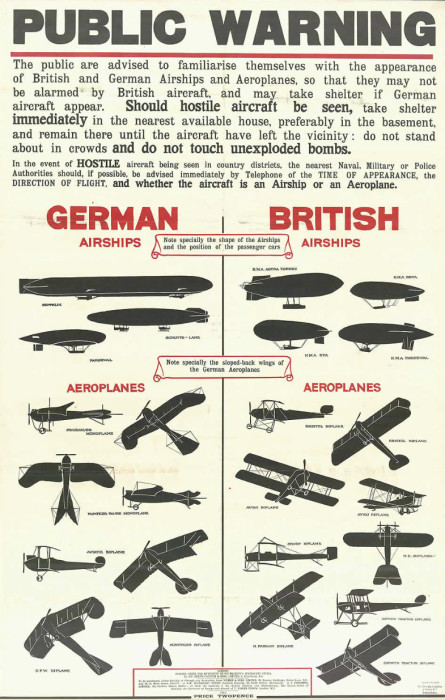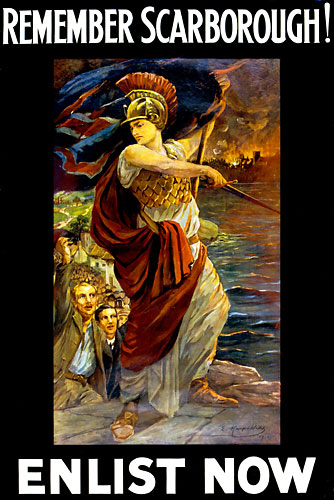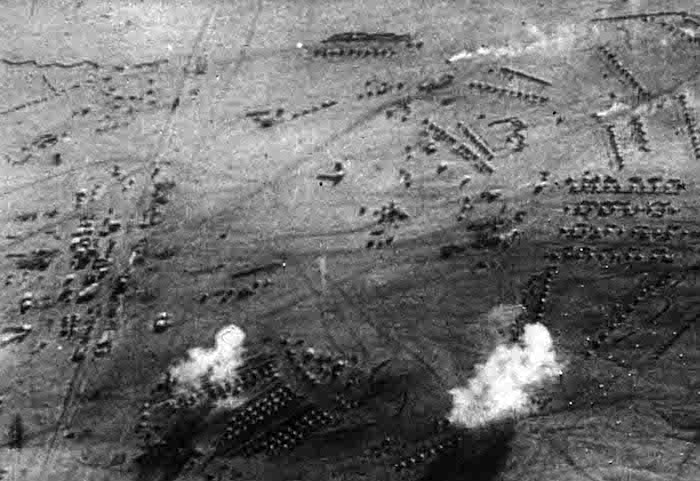The road to war — XI
In my eleventh contribution to ABC New England’s Road to War series, I took another look at how the economic war at sea was working out. My particular focus this week was the sinking of the Dutch freighter Medea (above), the first neutral casualty of Germany’s unrestricted U-boat campaign. I also discussed the difficult position […]


